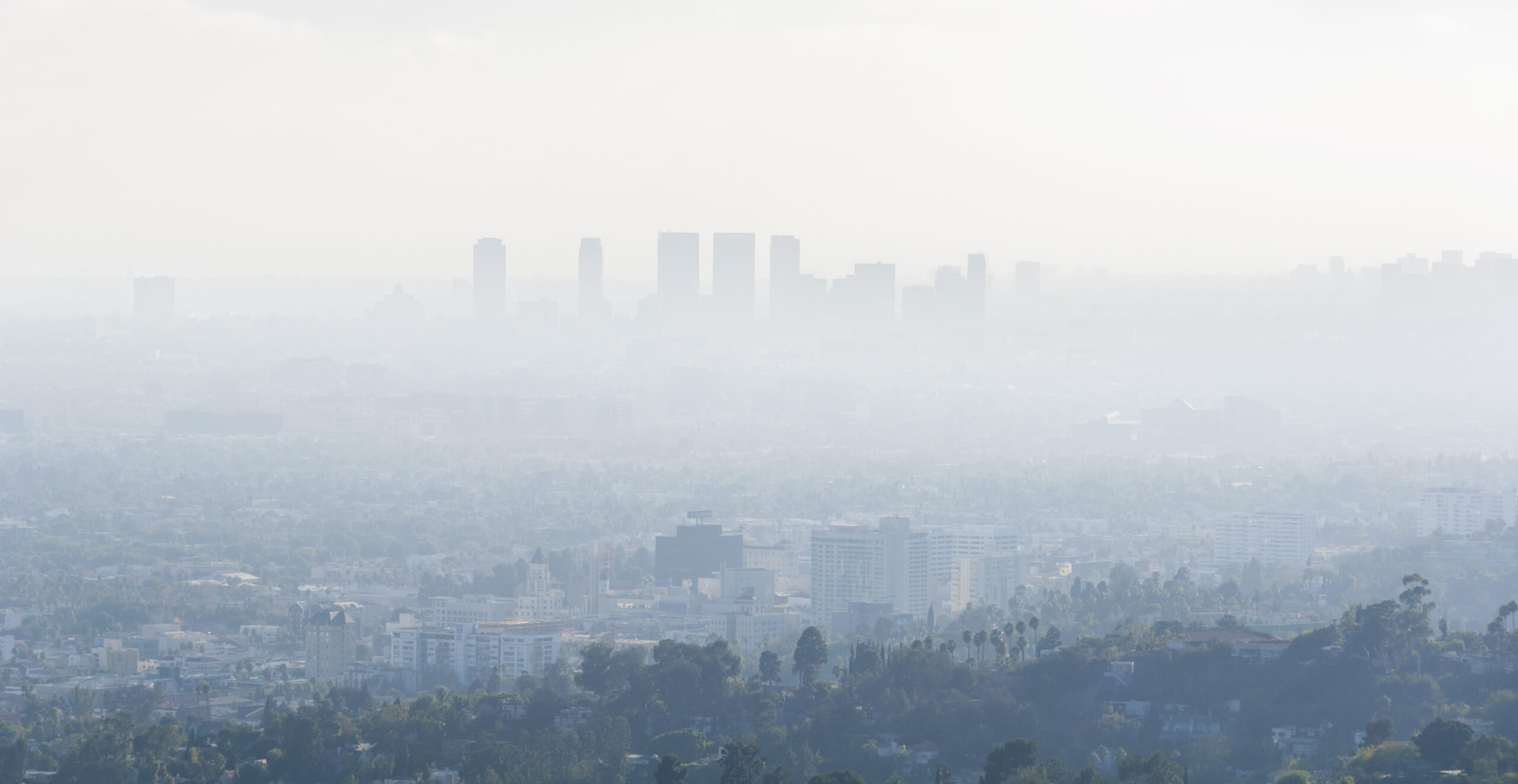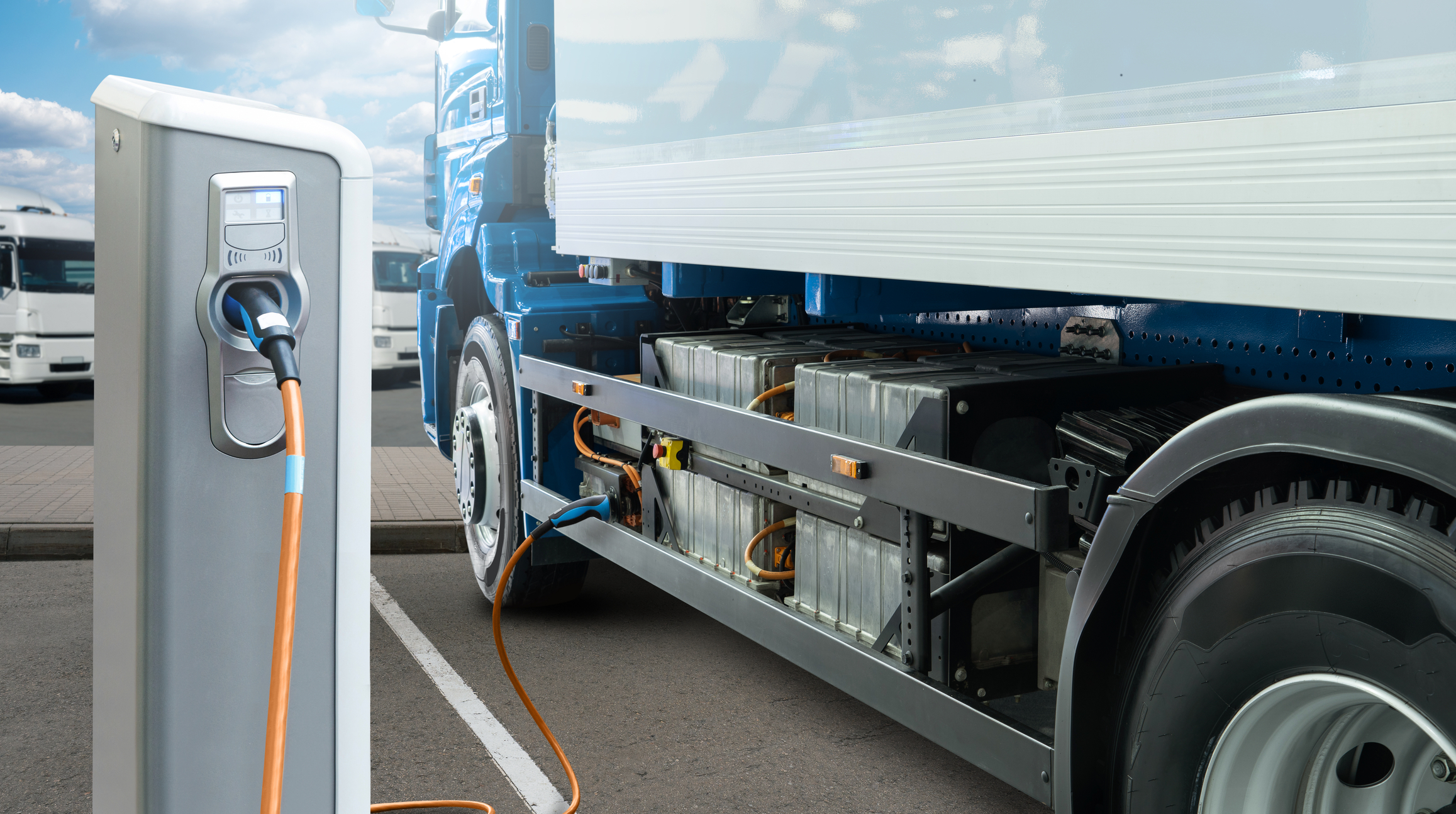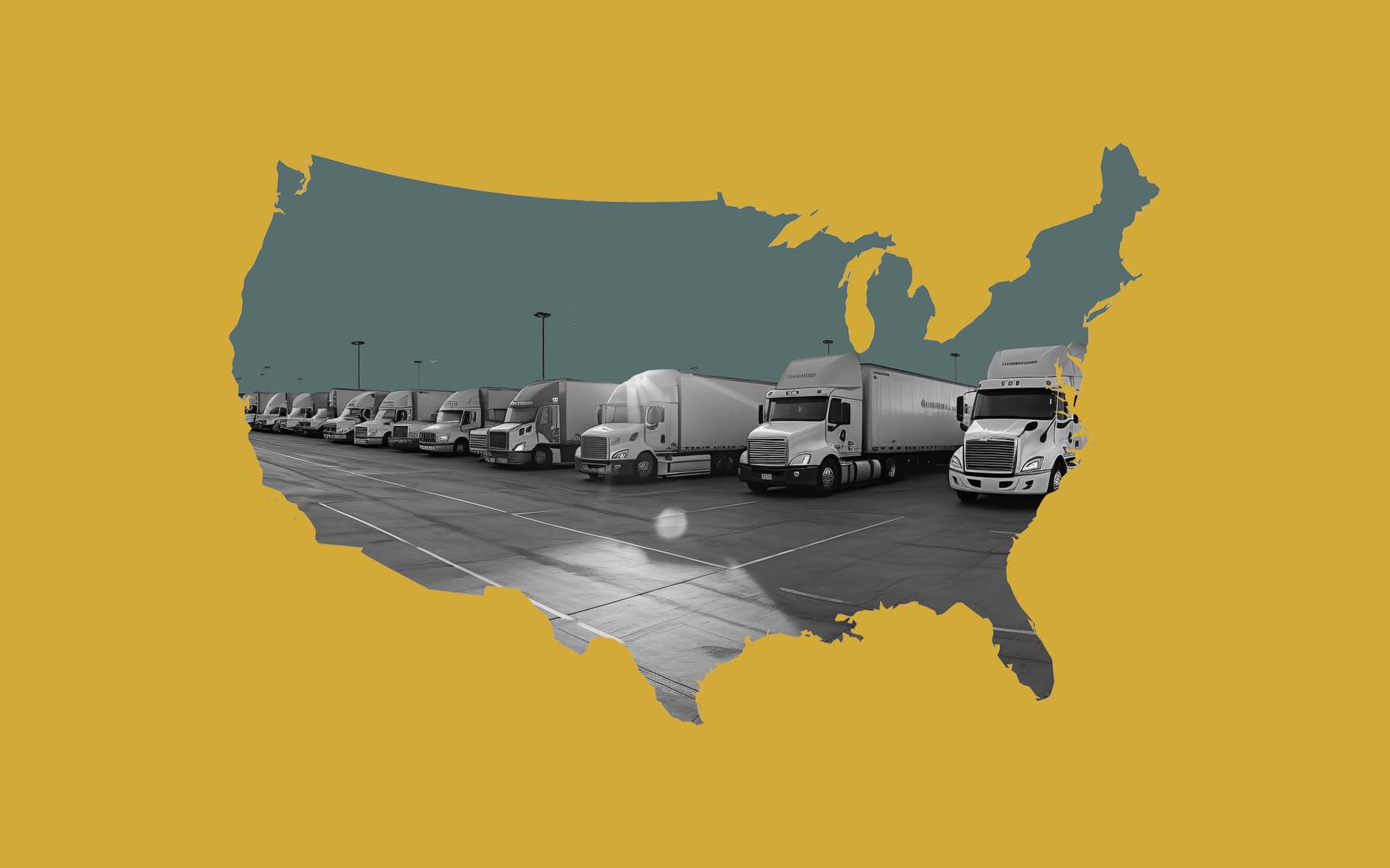EPA Administrator Lee Zeldin’s announcement today is about delivering for the oil and gas industry – not the trucking industry – given thousands of fleets have already deployed more than 52,000 zero-emissions trucks on US roads, proving that the transition to clean freight is well underway and achievable. The EPA’s rollback threatens to derail investment, penalize early adopters, and inject instability into a market that needs certainty to thrive.
At the heart of the rollbacks are wealthy truck manufacturers like Volvo Group and Daimler which have been lobbying to stall progress. Despite public commitments on electrification, these companies alongside industry groups like the Truck and Engine Manufacturers Association (EMA) have pressured regulators to delay rules aimed at boosting clean trucks.
The proposed rollback weakens key parts of the Greenhouse Gas Emissions Standards for Heavy Duty Vehicles (Phase 3), which were designed to accelerate the production of zero emission trucks starting in model year 2027. These standards are critical not only for curbing pollution but also for giving clarity and confidence to fleets investing in battery electric truck technology.
In 2023, Volvo Group strongly opposed the EPA’s proposed tightening of the 2027 heavy-duty greenhouse gas standards and urged a delay to the implementation of the “Phase 3” GHG standards. Similarly, Daimler called for a two-year delay to the proposed Phase 3 standards and advocated for additional flexibilities in the program. But Traton this week warned that lack of clarity on EPA rules would hurt manufacturers, because of the confusion over emissions standards.
The EPA move follows President Trump signing a resolution to revoke California’s waiver to set its own clean trucks rules, amid evidence of truck manufacturer meddling, as well as signals from Daimler and industry groups that they may walk away from their commitment to respect those rules under California’s Clean Trucks Partnership (CTP).
“Let’s be clear, this move doesn’t help the trucking industry. It hurts it, it penalizes fleets that have already committed to electric trucks and throws a wrench into long-term planning for businesses across the industry. It creates market instability just when we need certainty.” said Craig Segall, former Deputy Executive Officer and Assistant Chief Counsel of the California Air Resources Board
“Imagine investing in the future, only to have the rug pulled out from under you by your own government. That’s the harsh reality for the fleets and manufacturers who invested in clean trucks, now penalized for their leadership. This is a gift to oil executives, a setback for American innovation, and a cruel continuation of the health burden placed on communities near ports, highways and distribution terminals.” said Guillermo Ortiz, Senior Clean Vehicles Advocate, NRDC
“Rolling back truck emissions standards is a step in the wrong direction. Oregon backed Daimler to lead on electric trucks–now’s the time to deliver, not stall. Clean trucks mean cleaner air, good jobs, and supporting innovation protecting the health of not just Oregon communities but the most vulnerable across the country who live near freight corridors and breathe the consequences of outdated diesel technology. The EPA, and truck manufacturers like Daimler, should be working hard to strengthen, not stall, our path to a cleaner, healthier, and more competitive future.” said Mary Peveto, Co-Executive Director, Neighbors for Clean Air, an Oregon-based organization
“Electric trucks are expanding in California, Texas, Florida, and New York, but today’s federal shift away from clean trucks policy could severely stall momentum. EPA’s proposal would be disastrous for curbing toxic truck pollution, especially in frontline communities disproportionately burdened by diesel exhaust. We call on truck manufacturers to honor their clean truck commitments to keep the U.S. trucking industry competitive and innovative. Now is the time to accelerate, not abandon, the transition to cleaner air for all,” said Katherine Garcia, Clean Transportation for All Campaign Director, Sierra Club


